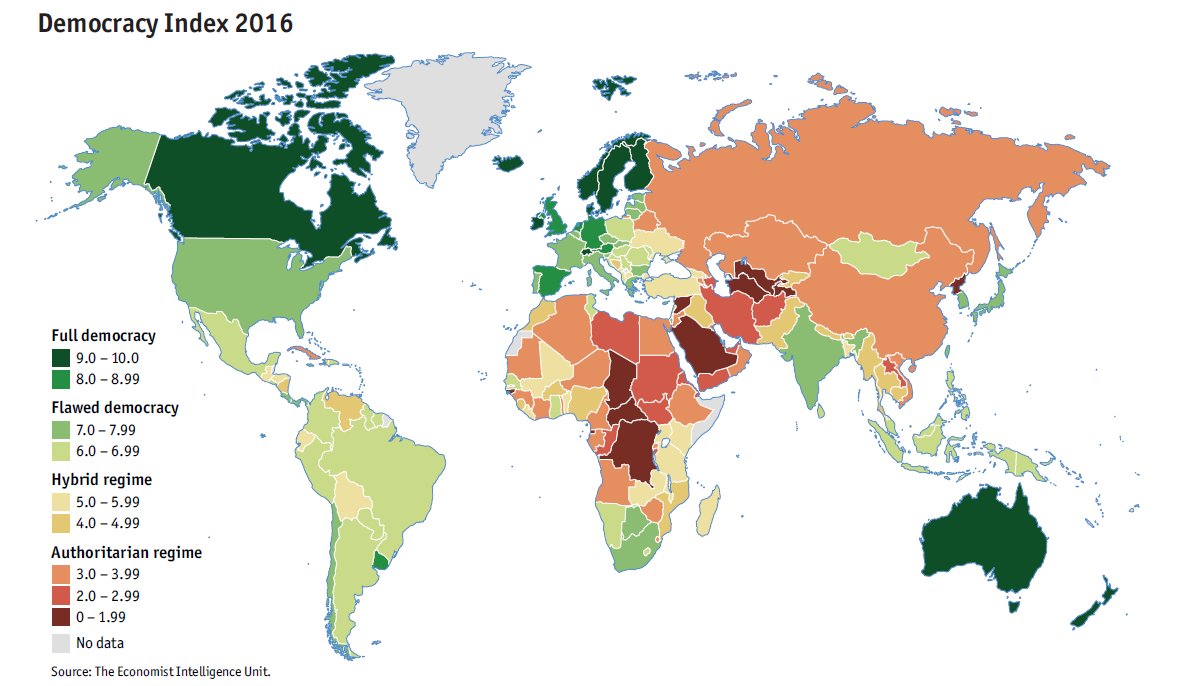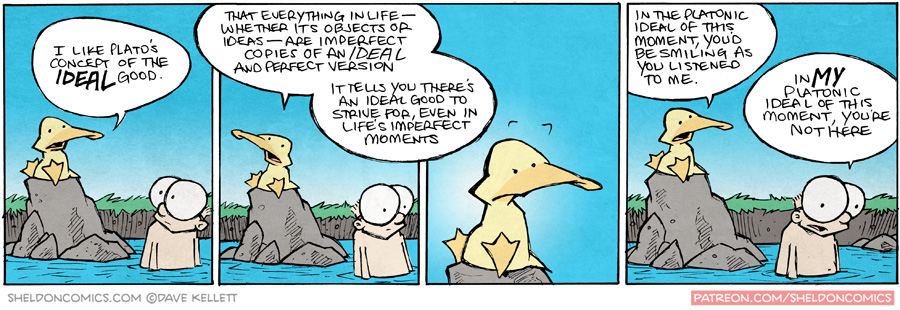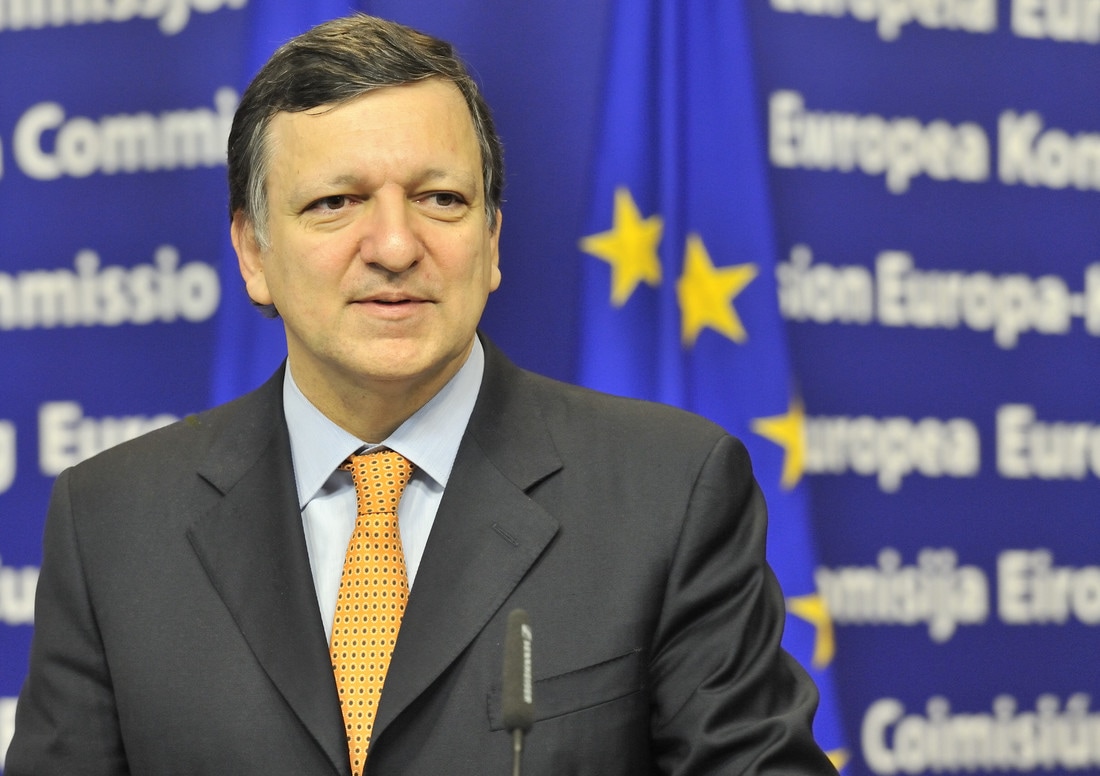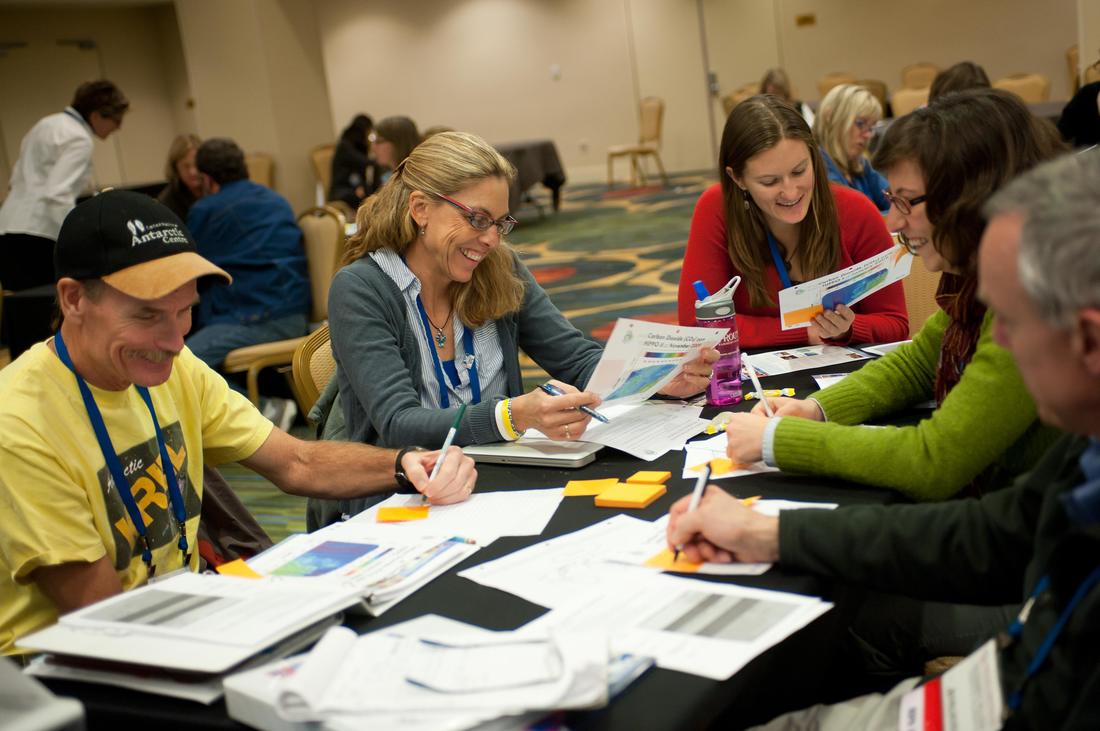|
Philosophy and worldviews matter. The title question of this article was asked to a room full of teachers and it was assumed that answering “yes” was crazy.
That assumption comes across as lazy and uncritical. What matters in answering this question? If you are utilitarian in any capacity, you would have to ask, “how much is a life worth and is an abstract life worth more or less than my own specific life?” After asking those questions you have some basis as to whether playing russian roulette for one million dollars is crazy because it is now framed more rationally than the uncritical assumption that, “my life is priceless.” My Own Answer I plan to “save” at least one life each year until I die by donating to the most cost effective organizations in the world. Presently, GiveWell believes that Against Malaria Foundation (AMF) is the most cost effective with the ability to statistically save one human life for approximately US$3,400. I am almost 30 years old. If I live to be 80 years old (hoping for 121), I have 50 years of life left and that comes out to saving 50 additional lives. If I were to play russian roulette with a six shot revolver (I would try negotiating for one with more rounds!), that means I have a one in six chance of dying. Given that I do die, that is a forfeiture of 50 lives saved over the next 50 years, plus my own life, which comes out to 51 lives “lost”. However, I would have a five in six chance of winning one million dollars. In donating that amount to AMF, that comes out to preventing 294 human deaths (assuming the US$3,400 per life given above). Now we can do the expected outcome for this “game”. Expected outcome = (⅙)*(-51)+(⅚)*(294) = 236 lives Now the question can be reposed. Is your life worth more or less than 236 other human lives? If you believe it is worth more than 236 other human lives, you would not play the game. If you believe it is worth less, you would play the game. A slightly more visceral way to frame it is by asking, “If you had to choose between 236 other people dying or you yourself dying, which would you choose?” This is essentially the trolley problem, rephrased with 236 people on one train track and one person (you) on the other track. Would you pull the lever to divert the train away from the large group? I’d go with yes. Am I crazy? I’d argue we all have a number at which point the scale tips. If you say I am crazy, it may be worth considering at which point you would give up your life for others. Is the number one thousand, one million, one billion? We’ll all answer differently, but the answers do matter for how we live our lives and the world that leave behind.
26 Comments
I was in shock the day of the election this past November. I was quite young when 9/11 happened, relatively speaking. It was my freshman year of highschool and it just didn’t have much of an emotional or cognitive impact on me. Only now do I really understand the consequences of that day. For many others, however, 9/11 was a day that changed their entire worldview, similar to JFK being shot or Pearl Harbor being bombed. Everyone seems to remember what they were doing and where they were.
Donald Trump being elected President of the United States had the same world altering impact on me. It was just beyond the realm of what was possible for Americans to do and beyond my comprehension. In response to not understanding something, I have one habitual reaction. Read, study, learn. Below are the books I’ve read since the election and a handful I’d still like to read. Please do let me know if you’ve found anything not on the list worth reading. Books I’ve Read Since Trump’s Election (Most Recently Read First)
Books I’d Still Like to Read (Most Amazon Reviews First)
* I just started this one, but it’s short. ** I haven’t finished this one yet. It’s massive. Ex-Scientologist Paul Haggis, director of the Oscar-winning movie Crash, complains that “We lock up a portion of our own mind. We willingly put cuffs on. We willingly avoid things that could cause us pain, if we looked. If we can just believe something, then we don’t have to really think for ourselves, do we?” Which religion is not like that? Indeed, but I’m wondering more and more which society is not like that? I very much understand that living in a society involves trade-offs. To live together in relative peace and benefit from the positive sum gains of specialization and trade, not to mention security, involves forfeiting one’s right to murder, steal, rape, and slander. That is all for the best. However, in a recent book titled The Hedonist Manifesto, Michel Onfray described what he considered the difference between Christian atheism and post-Christian atheism. It was an idea that had been independently floating around in my own mind for a while, but without a label or vocabulary to discuss it very clearly. A Post-Christian Atheism I think the above passage illuminates exactly what it is that we continue to “willingly cuff” ourselves with. There are so many culturally built norms, mores, and expectations of individuals that simply make zero sense in an atheist, liberal, materialist world. Onfray does a great job detailing many of the values that would change or be rethought and reconstructed given you take the world as it is and not how religion or ideology want it to be.
It will remain forever strange to me that the original sin in Judeo-Christian beliefs was eating from the tree of knowledge and that upon doing so worldly pleasures were equated with sinfulness. This leads naturally to the idolatry of suffering that crystallized so perfectly with the passion of the Christ. There is a lot of suffering in the world, but much of it is our own doing, particularly when we make it an object of worship and disdain pleasure as its better half of life. I think it’s well past time that we simply stop helping the world by adding to the amount of suffering and simply work to create a world with as much happiness as possible, without fear or disgust at the thought of pleasure. Pleasure isn’t wrong. Enjoy it while it lasts. We get about 80 years to do so, some of which we will spend sick and infirm. A Minimal List of Pleasures for All
Living with and engaging in the available pleasures outlined above is most of what we can ask for from daily life. If we add a sense meaning and purpose to the simple pleasures, we are ninety nine percent of the way to a well-lived life. Let’s take of the cuffs and leave the Christian atheism behind. We have all the power needed to create a world from critical reflection if we just decide to live without the Platonic idealism of the past 2,500 years. The costs of idealism seem to continually rise, with the list of atrocities by Onfray above being just the tip of the iceberg. A turn to liberal, hedonist, utilitarian, materialism promises to be a life full of greater well-being, happiness, and satisfaction, with less pain, suffering, and death. Jose Manuel Barroso, former Prime Minister of Portugal and President of the European Commission who accepted the Nobel Peace Prize in 2012 on behalf of the EU, recently came to the secondary school I work at to give a talk on peace.
In a follow up discussion between my students and him, we reached a point at which he described himself as an optimist who fully acknowledges that the history of human progress is not linear and that we may well be in a downward movement at the moment, citing the various nationalist and populist uprisings over the past couple of years. This was no reason to despair according to him and I agree in principle, although it’s hard to imagine just how worried we ought to be. Progress may continue in the long-run, but that’s no consolation for those of us making due in the meanwhile. The central thrust of his argument was to point out the many historical obstacles that have been overcome in the liberation of various groups of people. He cited the overcoming of slavery, then colonialism, and the ongoing improvements in non-discrimination based on aspects like gender, sexual orientation, etc. When asked what he believed would be the next obstacles to overcome in the upward trend of progress, he stated that absolute poverty and inequality will most likely be two aspects of societies and the world that we look back on and view as morally unacceptable in the same sense as the ones mentioned above. I agree, however, poverty and inequality are qualitatively different than the previous items listed. Slavery, colonialism, and non-discrimination can be viewed as very clear rights in the traditional sense. We simply agree and enforce the practice of not doing or participating in them. Do not enslave, colonize, or discriminate. Non-action is a simple mandate in principle once agreed upon. Poverty and inequality do not follow this same logic. The current GDP per capita at purchasing power parity globally is roughly that of China - approximately $12,500. That is clearly enough to end absolute poverty (roughly $2 per day or about $730 per year) worldwide if we agreed to share all of the world’s wealth equally and perhaps that is the most moral action to take, but that is clearly different in nature than simply agreeing not to do something. It entails doing something, namely giving money and resources. While I do believe that absolute poverty should be felt as morally unacceptable for anyone living in a rich nation, it is not immediately obvious that inequality should currently be seen as morally unacceptable. I don’t believe anyone would be truly happy with $12,500 per year indefinitely. If that assumption is correct, economic growth should be given a higher value than adjusting inequality in the short-run. Psychology has found that life satisfaction nearly plateaus somewhere between $50,000 and $75,000, depending on the study you are reading. On a slightly different measurement of well-being, hedonic pleasure can almost always be experienced without any plateau onset by spending more money. Here it is best to contrast life-satisfaction with hedonic pleasure by thinking of an example. We could purchase a nice vacation and engage in all sorts of hedonically pleasurable activities and experiences while on it and yet not actually increase our life-satisfaction when we step back and reflect upon our lives. Putting those two findings together, money is clearly important and more of it is needed if we wish to maximize pleasure, satisfaction, and overall well-being. Of course, I am not the first person to say this. It is one of the main arguments in support of Tyler Cowen’s premise that we should secure minimum rights (of the traditional sense) and then go ahead with whatever policies maximize growth (of a sustainable sort). This entails prioritizing economic growth as quickly as possible up to at least the level of $75,000 GDP per capita at purchasing power parity globally. Until then, inequality (at whatever level we eventually deem acceptable) should wait its turn as a preeminent value. This view is premised on the fact that full rights for all will not alone make us happy. Better off, yes. Maximally happy, no. I may have every right available, but I would not be satisfied with the life opportunities available at $12,500 per year. That is a life with very few of best things in life - travel, food, novel experiences, high quality education, healthcare, and of course, leisure time to spend with close friends and loved ones. I’m 29 years old, which admittedly is not many years on the planet. I’ve been working in education for 13 years now in various capacities. These include after school programs, tutoring, university teacher assistant, both math and writing labs on college campuses, AVID mentoring, private and public classroom teaching of English, economics, and government, and leadership positions for both international school trips of over 100 people and head of a humanities department of 13 people for the past two years covering grades six through 12 in a secondary school of a thousand students.
So my entire professional history involves education. And yet, what is not interesting to me any longer is learning about professional development that aims to increase efficiency or effectiveness in schooling children as is. Most learning simply isn’t worth the time and energy we put into it from my viewpoint. Do I care to get better at literacy teaching when most of that literacy will be used to ingest content the students don’t or shouldn’t care much about? No. Do I care about learning more ICT so that students can access the same material in new ways? Not really. Does it seem to make sense to me that we spend thousands of dollars and hundreds of hours on PD for teachers so that they can turn around and decide what, when, and how students will learn anyway? Nope. The real issue is a lack of seriously intellectually inclined people in the world of education. I’ve seen many “purposes of education”, but just about all of them involve career employment and citizenship in some capacity. So why do teachers do everything in their power to avoid talking about the future of jobs and citizenship? If a PD training doesn’t inform me more accurately on what makes the nation or society I live in better or what the future of jobs looks like for students, I’m not interested. I know of very few PD’s that address either of those topics directly and education across the board is pretty terrible at thinking about them. Try to think of the last time you attended a meeting or PD that directly and openly discussed either of those two topics. I’ll wait. That’s why I much prefer to read books, watch videos, and follow blogs that discuss economics, politics, psychology, and ethics. Those are the central topics of our lived experiences, so those are what I want to know more about and be able to share with students. Because they’re entirely social spheres, they’re also intrinsically interesting to us as social animals and provide all the motivation a person needs to work hard on inventing the next medical technology or manufacturing process that improves millions of lives. Maybe students would be more literate if they learned, discussed, and debated about life in school on a daily basis. They’d almost certainly be more interested in learning and wanting to learn is a short step away from wanting to read more. So maybe skip the literacy PD and just figure out what's important in our lives. I'm confident that interested students will learn far more than any specific strategy or tactic the next workshop offers. |
Archives
November 2017
|





 RSS Feed
RSS Feed